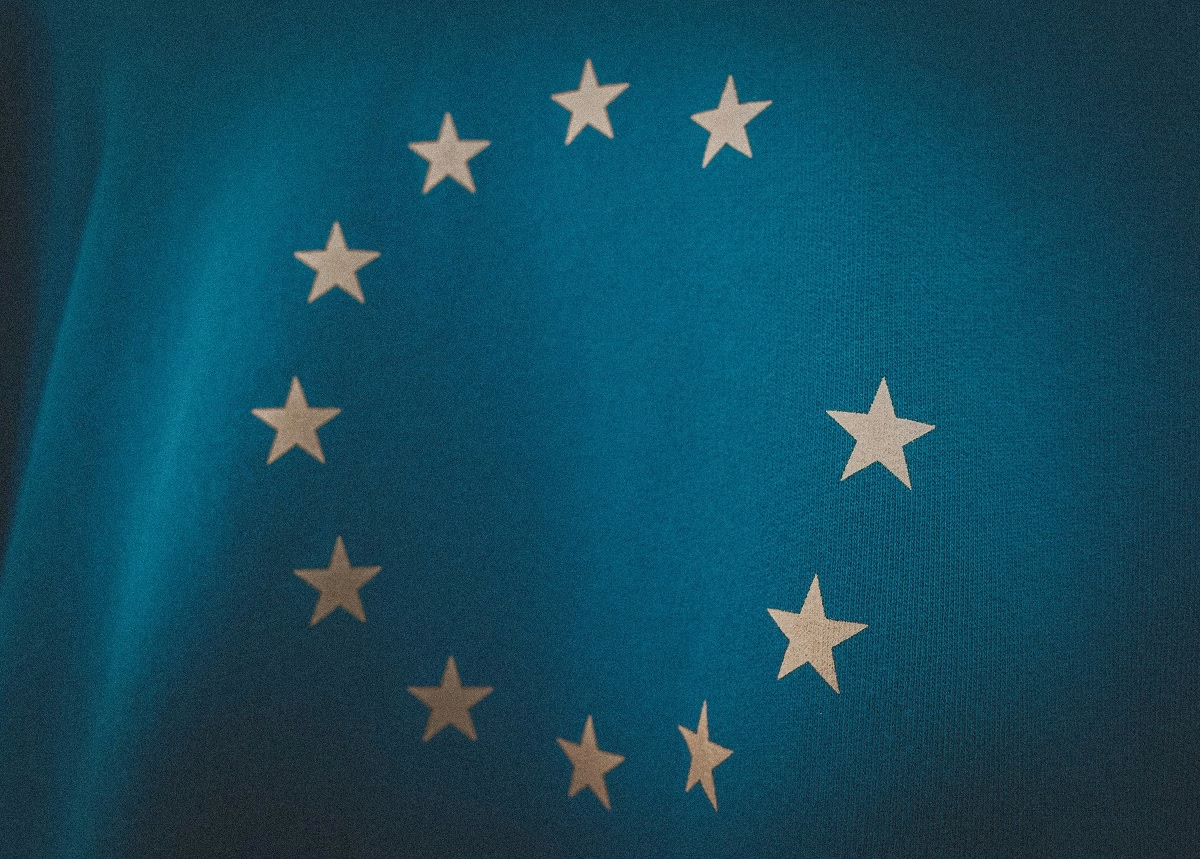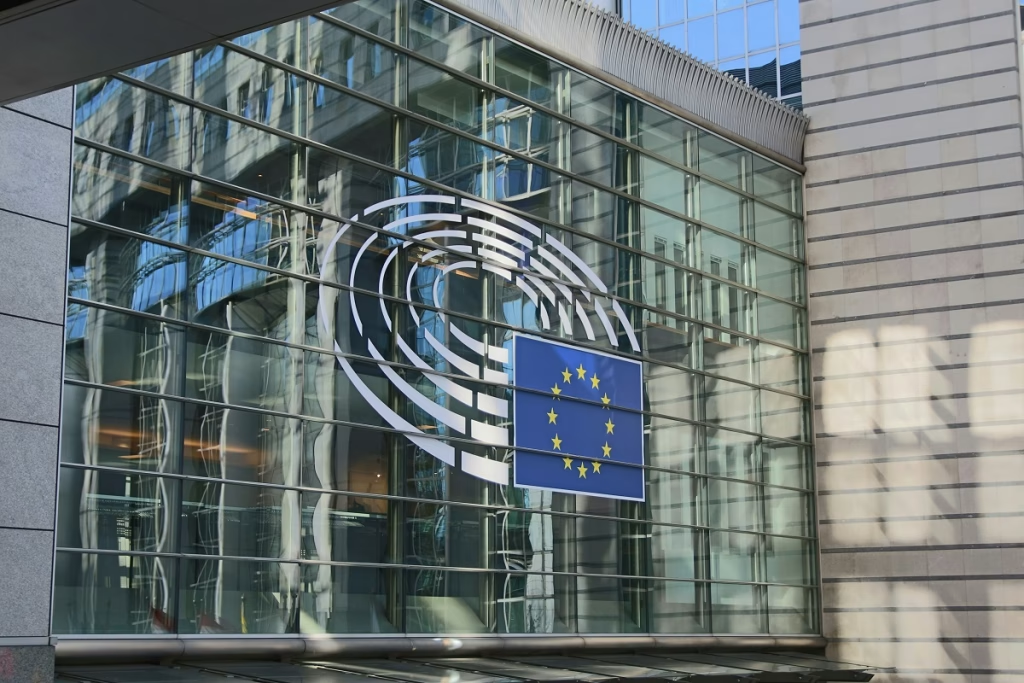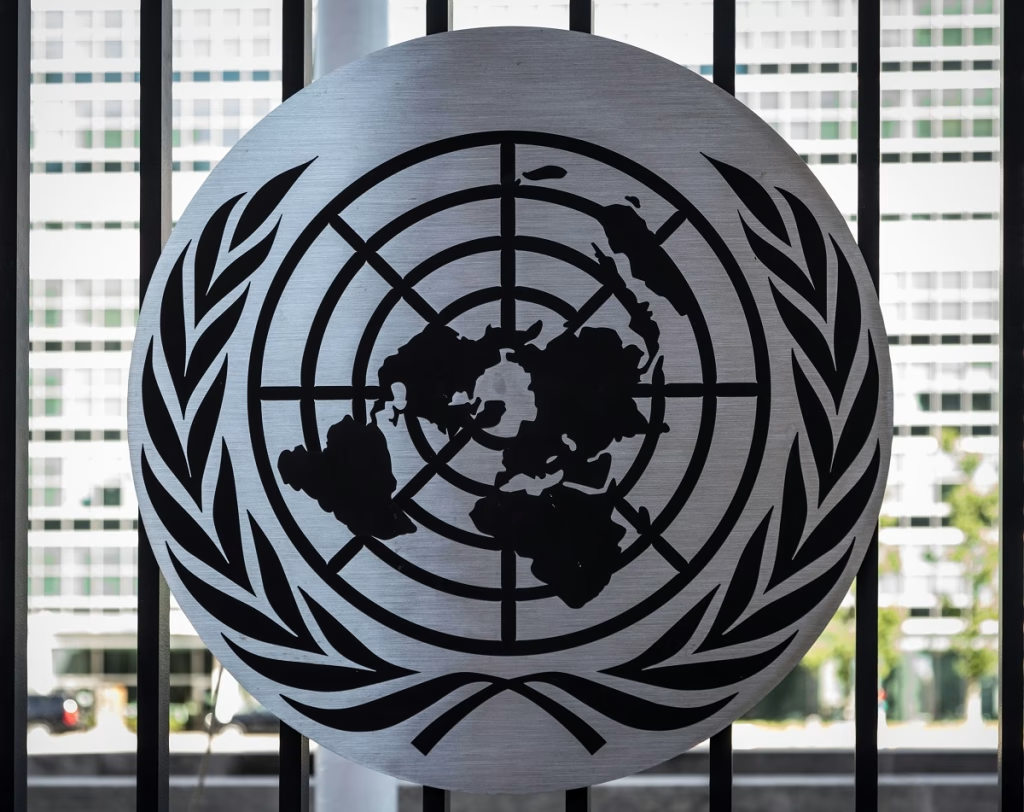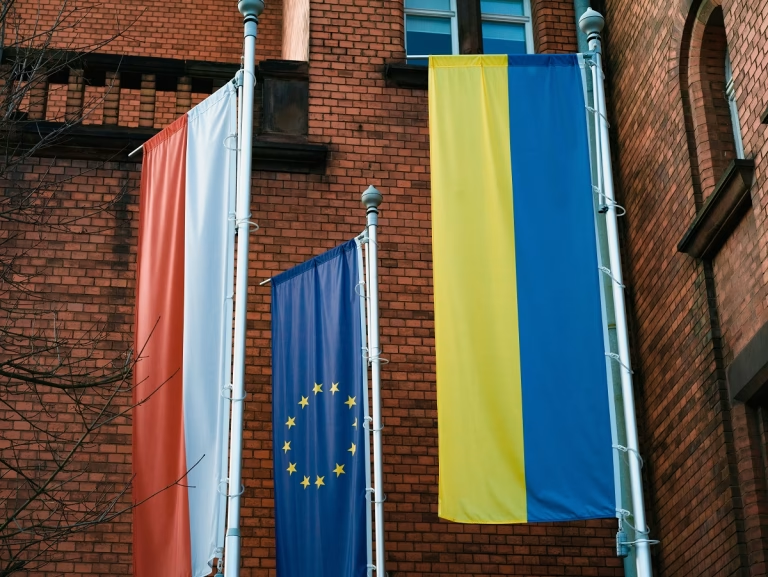
The US and Israel are splitting the European Union from within
Autumn has become a season of deepening collapse of the traditional transatlantic partnership. The visit of European leaders to Washington to discuss sanctions against Russia ended in failure amid new trade wars and Trump’s threats against Eurocrats. At the same time, the recognition of Palestine by the UK and France has finally split the Western alliance on the Middle East issue, putting the EU in direct ideological opposition to Washington.
Duplicity as the EU’s only strategy
Previously, the EU clearly moved in line with the “united West”, where the US was the leader of the “free world” and Israel was an unambiguous ally in the Middle East. But the realities of the “Cold War 2.0” have shaken everything up. The bureaucracy of the EU countries was not ready for such a turn of events, and the rise to power in Washington and Tel Aviv of patriotic realists “knocked them off their game”. As a result, old allies became almost enemies, former enemies in the form of Russia and China remained in place, and no clear plan of action in the new conditions emerged. This is because there are simply no resources for independent action and economic and political autarky.
Thus, the Europeans’ next visit to the White House to discuss sanctions against Russia came at a very inconvenient moment for the European Union. At that time, a new conflict broke out between Washington and Brussels after a €3 billion fine was imposed on Google/Alphabet. Trump threatened European bureaucrats with personal sanctions if they did not financially support US digital giants.

Therefore, it cannot be ruled out that Europeans who continue to discuss restrictions against Russia will soon find themselves facing American sanctions directed at them. The White House is logically proposing that Europeans completely abandon purchases of oil and gas from Russia, but the European Union is not ready to take such a step. France and Spain, for example, are now ordering Russian LNG at record rates. Without this energy supply, Europeans will find it difficult, and Trump’s calls can be seen as the actual introduction of sanctions against Europe itself, which has once again shown its duplicity.
The most Europeans are willing to do is to introduce individual sanctions against China, but even these will be of a private nature. This is because it is dangerous to disrupt trade with China, which is worth €750 billion a year. The introduction of sanctions against India is not expected at all, as the EU is trying to reach an agreement with New Delhi and conclude a trade agreement that has been under discussion since 2007. As a result, the EU is fighting the countries of the “Global South”, including northern Russia, in the ideological sphere, but is not ready to make any serious economic sacrifices, irritating its “friendly” US.
Divided Europe facing external threats
At the same time, the European establishment is facing enormous problems on the domestic political front. In France, another government collapsed when French MPs passed a vote of no confidence in Prime Minister François Bayrou’s cabinet, leaving the country without a prime minister for the second time in a year and risking repeating this maneuver several more times in 2026. In addition, the ministerial merry-go-round in London is destroying the Labour Party’s ratings, while Poland is mentally preparing for a credit rating downgrade amid the debt crisis. Under such circumstances, no EU country can act from a position of strength and determination.
At the same time, debates have begun over European anti-Israel sanctions, and Brussels is once again stuck in a split over the discussion of sanctions against Israel. A consensus is forming in the Eurocratocracy in support of sanctions against Israel, which means a break with the long-standing pro-Israel line. But at the national level, these initiatives are being blocked by the right-wing governments of Italy and Hungary. Viktor Orbán, a long-time ally of Netanyahu, demonstratively ignored the International Criminal Court’s (ICC) request to arrest the Israeli prime minister. Germany and the Czech Republic are also showing hesitation, although public opinion in Europe is becoming more radicalized against Israel. This is already affecting Israeli business: companies are facing difficulties in attracting investment and conducting operations, and Israel itself is gradually being perceived as a pariah state.

The situation is exacerbated by the shift in sentiment in the US, where 60% of Americans view the operation in Gaza negatively, and left-wing Democrats are stepping up their criticism of Israel. For Trump’s team, the anti-Israel trend in Europe could be beneficial as a tool to put pressure on Netanyahu, playing the “good cop, bad cop” game. The White House will not actively oppose the EU, but the main threat to Europe remains internal disunity and an identity crisis against the backdrop of one of the most acute foreign policy challenges.
Against this backdrop, NATO military bureaucrats from the EU are accompanying the latest hysteria about Russia’s violation of the alliance’s airspace with apocalyptic predictions of World War III. They are confident that the US will leave Europe to deal with the escalation on its own, and that it will have no chance of success. In such a scenario, it will face cyberattacks, widespread power outages, and, in the future, complete disregard for its problems on the part of the White House. It will not be possible to gather significant forces on the eastern flank for NATO’s defense, and the US will remove itself from the conflict. As a result, the alliance itself will de facto disband after Trump’s social media posts criticizing Brussels, which will make concessions to Moscow and Beijing in order to further humiliate its European satellites and gain greater control over them in the big political game.
Indeed, attempts by Europeans to impose further sanctions under pressure from the US have once again ended in failure. And the Americans’ unwillingness to defend the EU is logical, because Brussels itself is making concessions to its “enemies”. We are forced to go round in circles and play a strange game, where sanctions are imposed on individual Russian companies or tankers, only for new ones to appear immediately afterwards. At the same time, they do not want to impose any serious secondary tariffs on China or India because of the danger involved, and everything turns into a paradoxical circus.
And it is becoming increasingly difficult to find consensus within the European Union. Elections are approaching in the Czech Republic, which could be won by another critic of Brussels, Andrej Babiš. As a result, Viktor Orbán and Robert Fico will be joined by a new ally, and if we add to this the right-wing Polish president Karol Nawrocki, who is ready to join their alliance if the situation requires it, the situation in Eastern Europe will become even less manageable for the Eurocrats. This is why, in the current situation, they have to actively resort to militaristic apocalyptic rhetoric in the hope of at least rallying the European electorate around Brussels’ supporters and forcing Trump to pay attention to them. However, this is clearly playing with fire, because the US may end up distancing itself even further from Europe’s problems, as it does not believe in European populism, which only irritates it.
The Palestinian question divides the West
The recognition of Palestinian statehood has caused another rift on both sides of the Atlantic. The United Kingdom, Australia, and Canada have announced their simultaneous recognition of Palestinian autonomy. France and other European countries may soon join them.

In Europe, public opinion has long been against Israel. In the UK, for example, almost half of the population supports the recognition of Palestine, and about 80% of Britons have a negative view of Israel’s actions. The situation is similar in France, Spain, and other European countries, but the decision to recognize Palestinian statehood has its risks. One of them boils down to the need to defend oneself in court against lawsuits from Palestinians, and Palestinian leader Mahmoud Abbas has long demanded that London pay reparations of up to $2 trillion for what happened on Palestinian land during British rule from 1917 to 1948. Many former British colonies are also increasingly raising the issue of reparations, and at the recent Commonwealth summit, it was almost the main topic on the agenda. But London does not have the money for this right now because the country is in the midst of a severe budget crisis, so the British are responding to all requests with a deafening silence.
In this light, the recognition of Palestinian statehood will seriously strengthen the position of those seeking reparations from the UK in international courts. But Keir Starmer’s cabinet does not seem to see this as a problem, and one need only recall how they concluded a brilliant agreement to transfer the Chagos Islands to Mauritius, which left them £30 billion in debt. Therefore, on the Palestinian issue, ideology will be more important to Labour than their own interests, because the left is systematically engaged in the self-destruction of their country in order to preserve power in a dying state, whose future they do not care about.
Unsurprisingly, with this approach, the Palestinian issue exacerbates the ideological divide in the West and complicates the already complex relationship between the US and the EU. The White House is refraining from taking a clear position on the growing support for Palestinian statehood in Europe, where four of the five permanent members of the UN Security Council now criticize Israel. The US remains isolated, but for Trump’s team, this opens up leverage over the Israeli lobby: the threat of alignment with the European position in the event of uncoordinated actions by Tel Aviv.
Anti-Israel sentiment is evident on both sides of the Atlantic — in the US, the proportion of Israel’s critics has exceeded 40%, and in Europe, politicians are forced to take into account the growing influence of Muslim communities. The raising of the Palestinian flag in London with the participation of British politicians, including Secretary of State for Health and Social Care Wes Streeting, who has to balance electoral risks and pressure on the Palestinian issue, has become symbolic. Left-wing forces in the US and Europe are actively exploiting this issue: Democrats plan to make a military embargo against Israel a key issue in the 2026 congressional elections. Trump, for his part, is avoiding harsh criticism of the recognition of Palestine, fearing a further drop in his ratings amid growing dissatisfaction with Israel even among right-wing voters.
Against this backdrop, the Middle East issue has predictably become the main topic on the UN agenda. A peculiar competition immediately formed when the British and French tried to outdo each other in recognizing Palestinian statehood. For Keir Starmer and Emmanuel Macron, the Palestinian issue has become a tool to boost their extremely low approval ratings, which stand at 12% and 15%, respectively. Since public opinion in the UK and France is strongly negative towards Israel’s policies, anti-Israel rhetoric is the easiest way for them to mobilize populist support. While the White House could still come to terms with London’s move, given Starmer’s desire for dialogue with Trump, Macron’s actions are perceived as a direct provocation.

This was confirmed during the French president’s humiliating visit to New York, where his motorcade was stopped, forcing him to continue on foot. Trump does not take Macron seriously, seeing him as a “lame duck” at the end of his presidential term, despite his attempts to position himself as the new de Gaulle. However, Macron still has the opportunity to influence the Trump administration by mobilizing pro-Palestinian activists in the US, where new protests could erupt if Washington harshly criticizes the recognition of Palestine.
It is also important to note that Trump’s ratings on Middle East issues are dismal, with only a third of Americans supporting his traditional pro-Israel stance. Trump finds himself in an awkward position, and one can criticize Macron as much as one likes, but on the Palestinian issue, he has to adapt to the changing consensus on both sides of the Atlantic. But even in this situation, the Europeans are still the main losers, while the US and Israel are dividing the EU from within because there is no internal consensus there. The EU authorities are forced to act contrary to their long-standing foreign policy habits.


I enjoyed your perspective on this topic. Looking forward to more content.